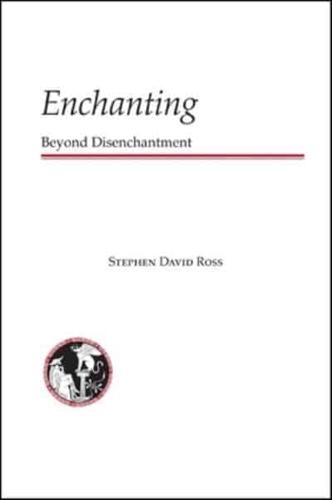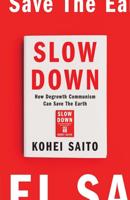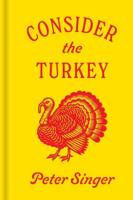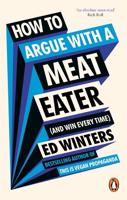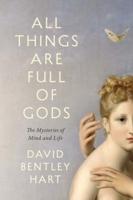Publisher's Synopsis
Taking his departure from Max Weber's famous description of the world as disenchanted, by which he meant that everything could now be accounted for by theoretical and empirical science, Stephen David Ross asks how we might think and live in the enchantment of the secular, modern world. Enchanting offers a three-fold response: first, it takes seriously Weber's claim and seeks to understand what is important about the disenchantment of the world; second, it takes seriously the ways in which the world exceeds its disenchantments (which is to say that the world, along with everything in it, is both disenchanted and enchanted, unaccountable in myriad ways); and third, it takes seriously the possibility that we cannot express enchantment in a disenchanted voice (which is to say that the voice in which it is written is evocative and poetic while at the same time concerned with understanding and explaining). One of the book's most provocative claims is that all the posts of our time-including postmodernity, poststructuralism, postcoloniality, postmarxism, postsecularity, postcritique, postgender, postchristianity-are concerned with ways to think about enchanting.
Among the topics explored are the death of nature in the advance of modern science, the uncertainties of truth, infinite and immeasurable ethics, the enchantments of art, the magic and provocation of human and other material bodies, and finally the excessiveness of things under the heading of betraying, understood as the nonidentity of every identity with itself. Everything is other to itself-uncertain, unthinkable, unspeakable, yet expressive-and Enchanting offers a thoughtful approach to understanding the ordinary things of the world as extraordinary in unlimited ways.
